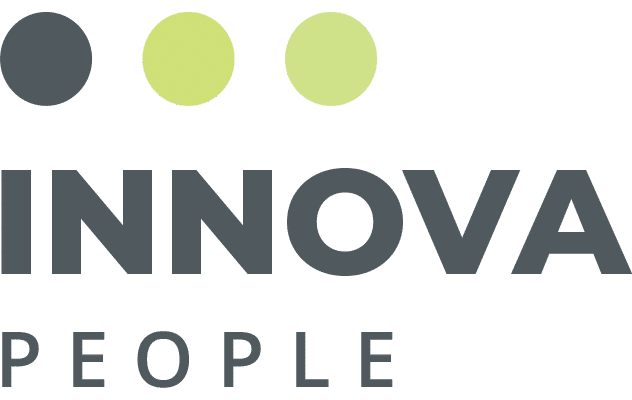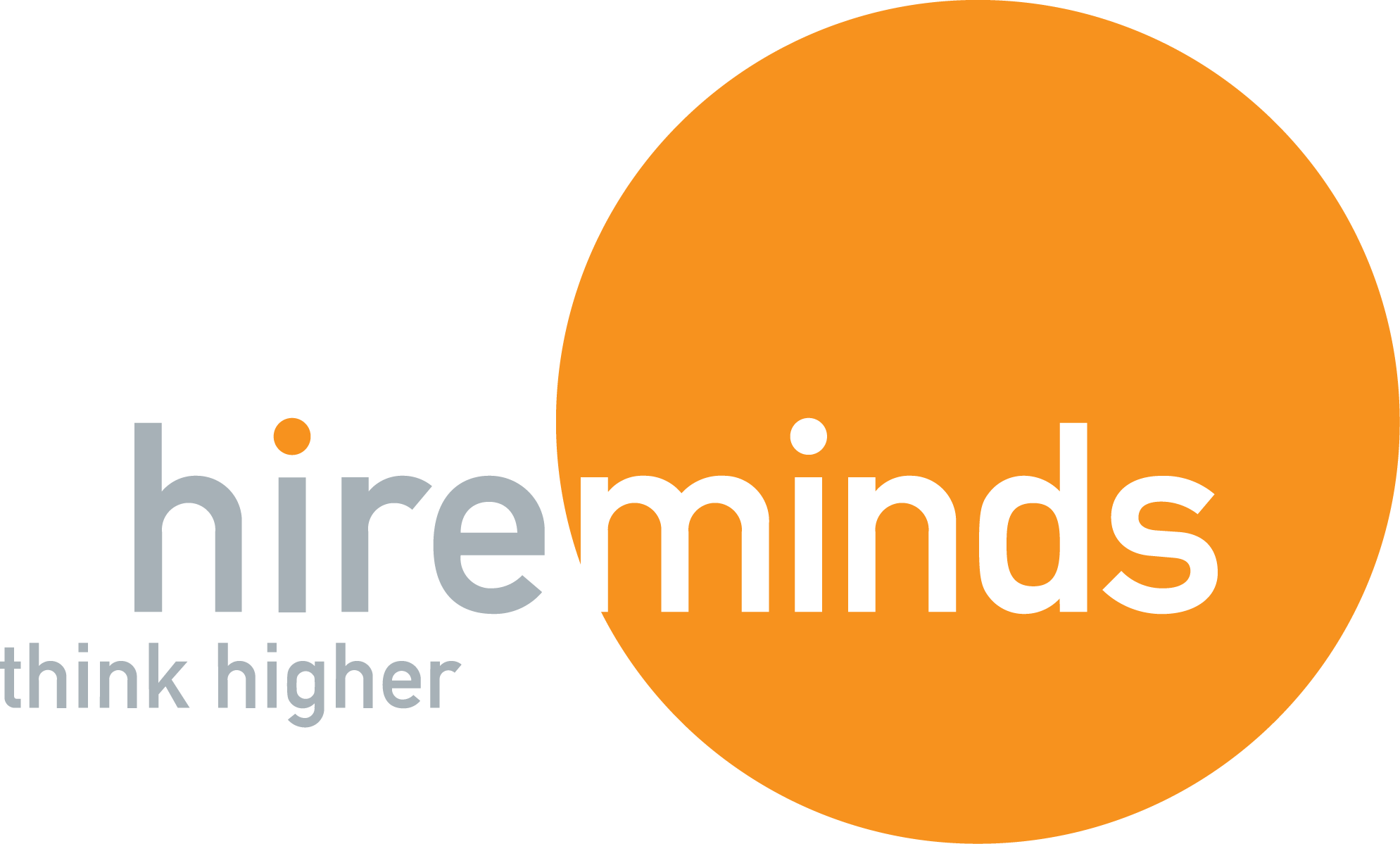
By Kasey Kaiser, Healthcare Technology & Digital Health
As we look back on the year 2023, it’s clear that the healthcare technology industry has undergone significant transformations, reshaping the way healthcare is delivered, managed, and experienced. In this review, we’ll revisit the advancements and trends that defined the landscape of healthcare technology in the past year.
Telehealth’s Evolution: Bridging Gaps in Patient Care
Throughout 2023, the healthcare industry witnessed the continued evolution of telehealth. Virtual consultations, remote patient monitoring, and digital health platforms became not just innovations but integral components of healthcare delivery. The emphasis on accessibility and convenience propelled telehealth into the mainstream, connecting patients and providers across distances and improving healthcare access.
Artificial Intelligence’s Impact on Diagnostics and Treatment
In 2023, artificial intelligence (AI) played a pivotal role in revolutionizing diagnostics and treatment planning. AI algorithms, refined and matured, analyzed extensive datasets to detect patterns and make predictions. This transformative technology facilitated early disease detection, personalized treatment plans, and improved the accuracy and speed of diagnostics across various medical disciplines.
Blockchain’s Role in Secure Health Data Management
The need for secure health data management was met with the growing adoption of blockchain technology. In 2023, blockchain emerged as a secure and transparent solution, providing decentralized and tamper-proof ledgers. It addressed concerns related to data integrity, enhanced interoperability, and fortified the security and privacy of patient records in the digital age.
Wearable Technology and Remote Monitoring: Empowering Individuals
Wearable devices gained prominence throughout the past year, empowering individuals to take control of their health. From fitness trackers to health-monitoring smartwatches, wearables facilitated continuous health tracking. This real-time data not only empowered individuals to proactively manage their well-being but also provided healthcare providers with valuable insights for preventive care and chronic disease management.
Robotics’ Precision in Surgery and Patient Care
The precision of robotic-assisted surgery became increasingly evident in 2023. Surgeons harnessed the capabilities of robotic systems for minimally invasive procedures, leading to reduced recovery times for patients. Beyond surgery, robotics found applications in patient care, contributing to tasks such as medication delivery and rehabilitation with a focus on enhancing overall healthcare outcomes.
Augmented Reality’s Impact on Medical Training and Education
Augmented reality (AR) took center stage in medical training and education during the past year. The immersive and interactive learning experiences provided by AR technology transformed surgical simulations and anatomy visualization. Healthcare professionals benefited from these advancements, acquiring skills in a more dynamic and practical educational environment.
Data Interoperability and Collaborative Health Systems
Interoperability was a key focus in 2023, as healthcare systems worked towards seamless data sharing and exchange. Interconnected health systems improved care coordination, reduced redundancies, and enhanced the overall patient experience. The push for standardized data formats and interoperable platforms contributed to a more integrated and collaborative healthcare ecosystem.
In retrospect, the healthcare technology industry in 2023 was characterized by innovation, progress, and a commitment to improving patient outcomes. The convergence of telehealth, AI, blockchain, wearables, robotics, AR, and interoperability has left a lasting impact on the healthcare landscape, shaping a future where technology is an indispensable tool in the pursuit of accessible, efficient, and high-quality healthcare. As we move forward, these past advancements will undoubtedly serve as the foundation for even more transformative developments in the years to come.





